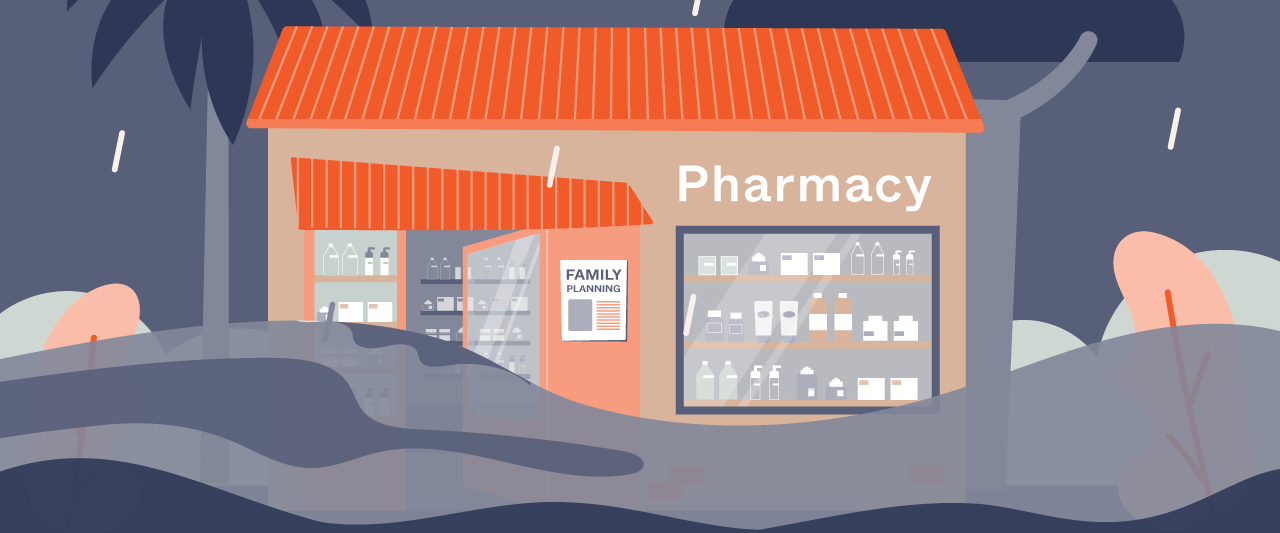As the world observes Earth Day 2022, findings from an Ipas research project conducted in Mozambique and Bangladesh—countries frequently battered by cyclones, flooding and other extreme weather events—highlight the disproportionate impact of climate change on women and the need for women-led climate justice.
The research explored the question of how women’s experiences with climate change impact their sexual and reproductive health decision-making, behavior, and outcomes. The findings showed that adolescent girls and pregnant women often lose access to essential health-care services, including abortion and contraception, in the wake of extreme events. This in turn often leads to a rise in unintended pregnancies and abortions carried out by unsafe methods.
The research included in-depth interviews with local women’s and youth groups, health directors, community leaders and others in several communities in Bangladesh and Mozambique. Community dialogue meetings with women were conducted as well. Among the findings were:
- Climate change directly and indirectly affects multiple aspects of women’s lives, such as their contraceptive use, fertility intentions, pregnancy outcomes, vulnerability to gender-based violence, economic roles, and sexual health.
- Spaces built to provide refuge during and after extreme weather events—cyclone centers in Bangladesh and resettlement centers in Mozambique—can facilitate unintended consequences for women’s personal safety, sense of vulnerability and stability, and physical and mental health.
- Although women play a leading role in helping their families and communities prepare for and survive severe weather events, adapt, and increase their resiliency, women’s role in coordinated response efforts is not yet fully realized. This is particularly true for leadership positions.
“My sister that got pregnant during this time of floods…she got pregnant when she was 13 years old. She was… still a child, not grown enough to get married. So she started looking for ways to abort. Everything that she could find she drunk, every pill. She became very sick, and we had no way to move because there was too much water…She suffered, but she got better.”
– Interview with woman in Mozambique
“Here storms are so heavy that the medicines that are kept with the health worker float away in flood…What do we do then? Birth control methods get damaged because of storm.”
– Community dialogue meeting in Bangladesh


